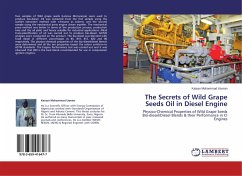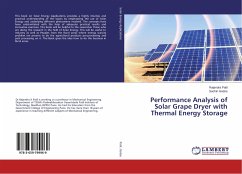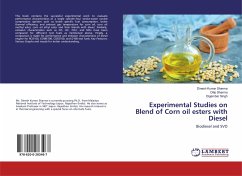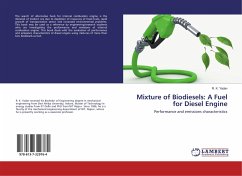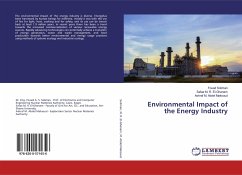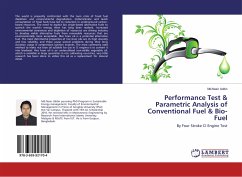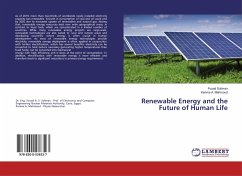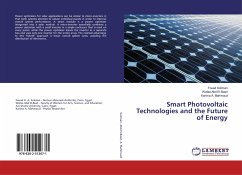Two samples of Wild grape seeds (Lannea Microcarpa) were used to produce bio-diesel. Oil was extracted from the first sample using the soxhlet extraction method with n-hexane as solvent, and the second sample using the mechanical press engine driven expeller. The mechanical press method was better in terms of the production process, production time and the oil yield, and hence suitable for industrial applications. Alkali trans-esterification of oil was carried out to produce bio-diesel. GC/MS analyses were conducted on the product. The bio-diesel was blended with fossil diesel in different percentages as B5, B10, B15, B20 and B0 respectively. The physico-chemical properties of the bio-diesel/diesel blends were determined and all the ten properties except the colour conform to ASTM standards. The Engine Performance test was carried out and it was observed that B20 is the best blend recommended for use in compression ignition engines.

